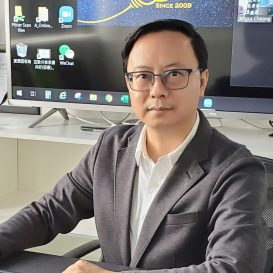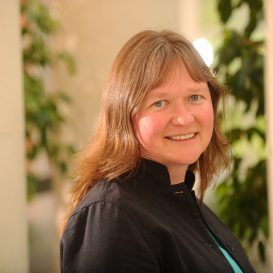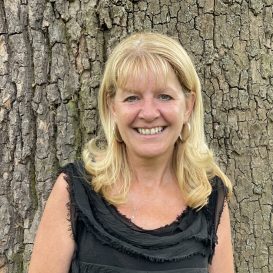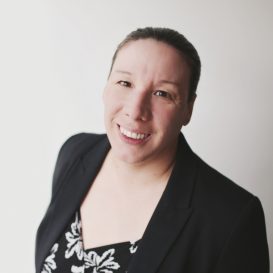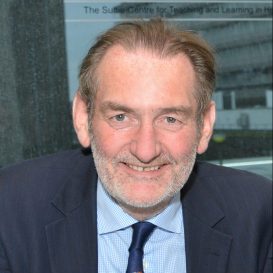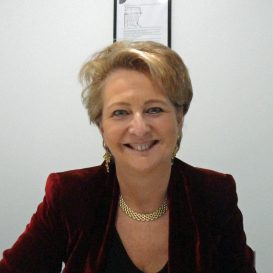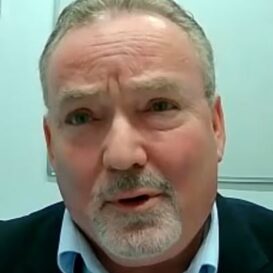
Professor Phil Blythe
Phil Blythe is Professor of Intelligent Transport Systems at Newcastle University. He focuses on policy and technology in areas such as connected and autonomous vehicles, electro-mobility, decarbonising transport, age-friendly and accessible transport and smart cities. Phil leads Newcastle University’s Future Mobility Group and directs its Centre for Research Excellence for Mobility and Transport. Here he talks about the future of transport in the UK and the transformational role of IT.
